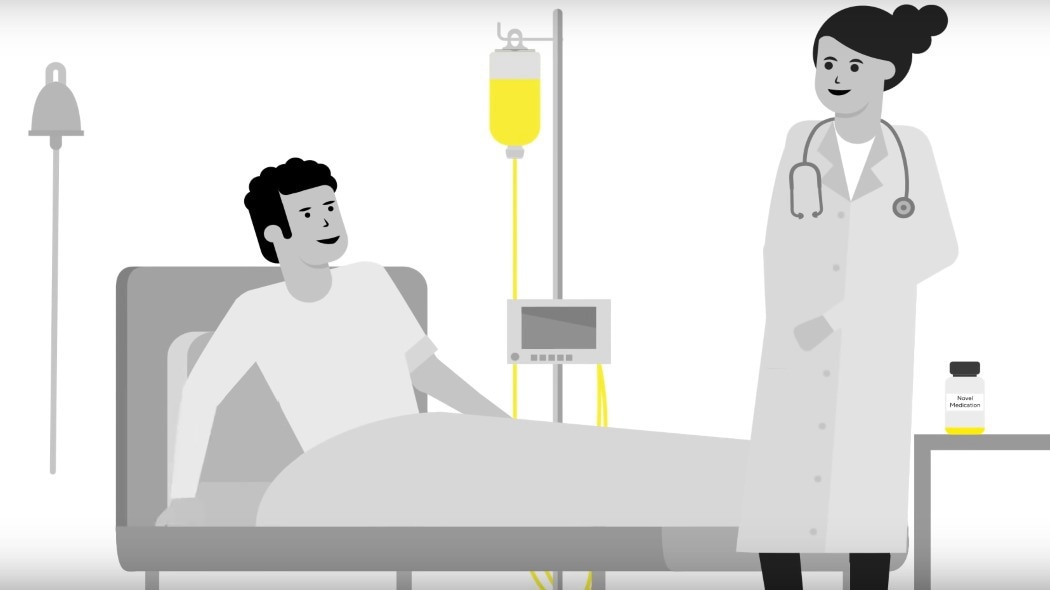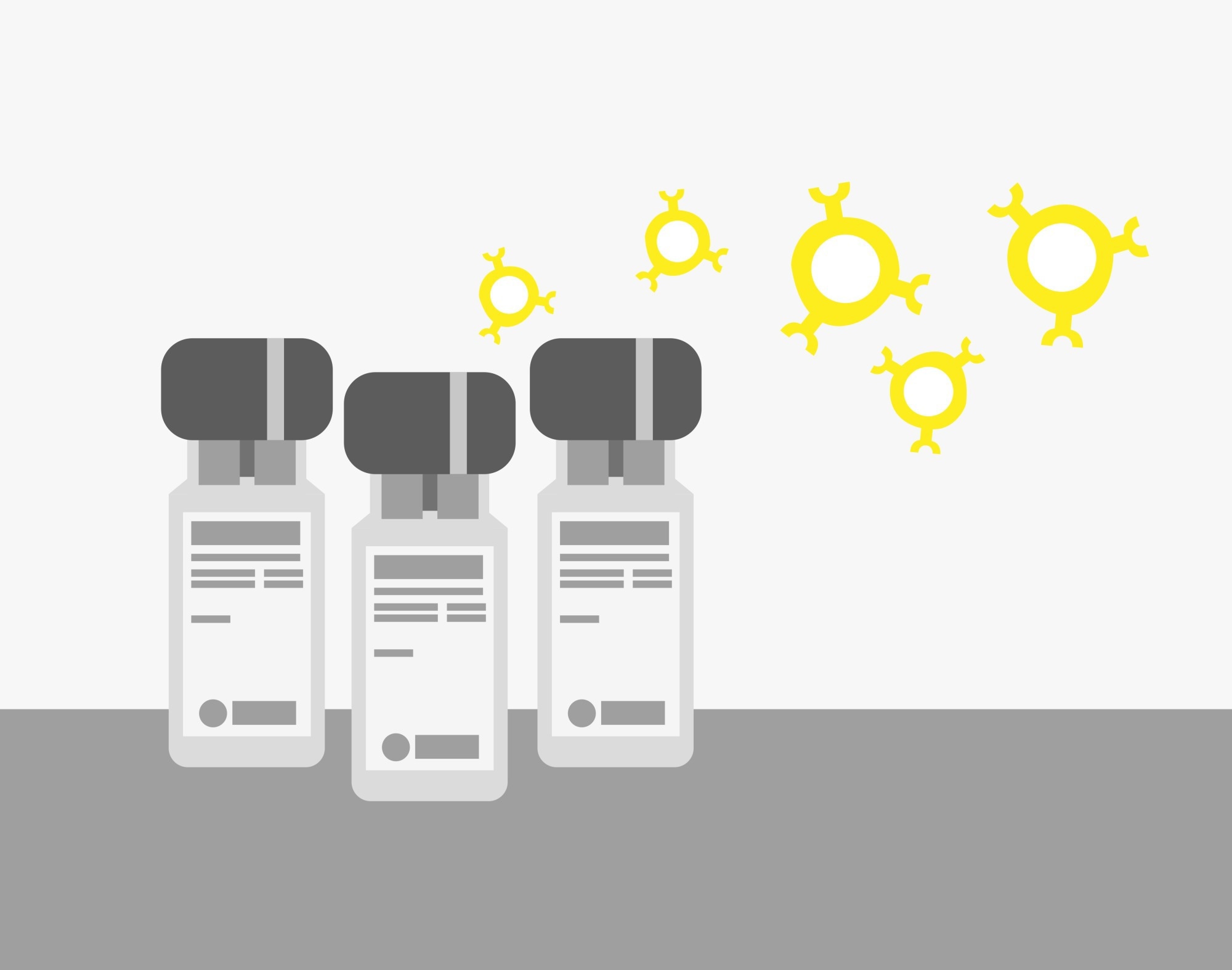Sponsored Content by SartoriusReviewed by Alex SmithMay 5 2023
Cell and gene therapy is an extremely promising area of biomedical research, with many breakthroughs in treatments that target genetic disorders and cancer. Although this area has seen rapid growth, companies encounter technical challenges and high costs regarding the phenotyping and profiling of cell products.
This article focuses on the role of flow cytometry in developing chimeric antigen receptor (CAR) T cells and how advanced systems may enhance workflows and facilitate bringing new therapies to the bedside.

Image Credit: Sartorius
What are cell and gene therapies?
Cell and gene therapies are utilized to treat diseases and, in some cases, cure diseases by targeting the underlying proteins or genes. Overlaps between these therapies are present, but they remain in different fields.
Cell therapies utilize living cells derived from a donor (allogenic) or the patient (autologous). For example, stem cell therapies treat blood and bone marrow diseases.
Gene therapies input genetic code into cells to repair the function of a missing or defective gene. Glybera was the first gene therapy approved in the USA and Europe to treat lipoprotein lipase deficiency, a rare genetic disorder.
What is CAR-T cell therapy?
CAR-T cells are an area of biomedical research that has garnered significant attention. They lie at the intersection of gene and cell therapy. CAR-T cells are gene-modified cell therapies that communicate with a specific surface protein on the tumor cell, causing cell death.
This targeted treatment method is favored over traditional chemotherapies and has effectively treated blood cancers like lymphoma and leukemia.

Image Credit: Sartorius
Development of CAR-T cells
The CAR-T cell development process begins with isolating T cells from a patient or a healthy donor. The cells are reprogrammed to express the CAR construct, which identifies the target antigen on the tumor cell surface.
CAR-T cells then expand before administration to the patient. Like any gene and cell therapy product, CAR-T cells need functional and phenotypic characterization at each stage to ensure they are effective and safe.
Role of flow cytometry
Each stage of CAR-T cell development utilizes flow cytometry, which can be utilized early on to identify specific populations of the donor T cells associated with a better prognosis for CAR-T cell therapy.
Subsequently, the cells are continuously characterized for safety, quality, and function until they are transferred to the patient and throughput follow-up monitoring. The many ways in which flow cytometry analysis is utilized in the development and manufacturing of CAR-T cells include the following:
- Identification and quantification of cell composition in the donor sample
- Evaluation of CAR expression on the therapeutic cells
- Quantification of tumor expression of immunosuppressive and antigen molecules
- Assessment of cell functionality and viability
- Estimation of effector cell activation and cytotoxic killing
- Monitoring of cell persistence and therapeutic effect in the patient
Limitations of conventional flow cytometry
Phenotyping, purifying, and expanding immune cells extracted from patients is technically complex and expensive. Conventional flow cytometers that analyze cell and secreted proteins are low throughput and cannot support pharma-level data generation.
There is a demand for linking insights gained from immune cell health, phenotype, and proliferation to cytokine secretion profiles from the same sample. The main weakness of conventional flow cytometry is the fragmented data analysis workflows that delay progress.
Advanced flow cytometry simplifies workflows
To address these limitations, numerous scientists have considered advanced flow cytometry. These advanced flow cytometry systems provide throughput, speed, and more data per assay well.
For example, employing the iQue® Advanced Flow Cytometry Platform enables immunophenotyping data with measurements of bead-based cytokine secretion and cell health in a single experiment. This requires fewer samples and prevents the need for multiple assays.
Advanced flow technologies integrate powerful software for immediate access to real-time data, improved visualization tools, and dynamic gating capabilities, allowing easy interpretation of complex datasets.
Conclusion
Advanced flow cytometry offers terrific value at many stages in developing and expanding gene and cell therapy products, such as CAR-T cells.
Multiplexed analysis in a single well enables modern laboratories working on the subsequent breakthrough immunotherapy to simultaneously learn about immune cell function and phenotype in a single well.
About Sartorius

Sartorius is a leading international pharmaceutical and laboratory equipment supplier. With our innovative products and services, we are helping our customers across the entire globe to implement their complex and quality-critical biomanufacturing and laboratory processes reliably and economically.
The Group companies are united under the roof of Sartorius AG, which is listed on the Frankfurt Stock Exchange and holds the majority stake in Sartorius Stedim Biotech S.A. Quoted on the Paris Stock Exchange, this subgroup is comprised mainly of the Bioprocess Solutions Division.
Innovative technologies enable medical progress
A growing number of medications are biopharmaceuticals. These are produced using living cells in complex, lengthy and expensive procedures. The Bioprocess Solutions Division provides the essential products and technologies to accomplish this.
In fact, Sartorius has been pioneering and setting the standards for single-use products that are currently used throughout all biopharmaceutical manufacturing processes.
Making lab life easier
Lab work is complex and demanding: Despite repetitive analytical routines, lab staff must perform each step in a highly concentrated and careful way for accurate results.
The Lab Products and Services Division helps lab personnel excel because its products, such as laboratory balances, pipettes and lab consumables, minimize human error, simplify workflows and reduce physical workloads
Sponsored Content Policy: News-Medical.net publishes articles and related content that may be derived from sources where we have existing commercial relationships, provided such content adds value to the core editorial ethos of News-Medical.Net which is to educate and inform site visitors interested in medical research, science, medical devices and treatments.